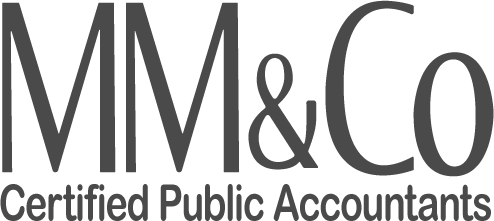There are various concerns surrounding the filing procedures for BIR Form 2316. However, we would like to emphasize a specific issue regarding the HMO coverage for employee dependents, which has been raised by some employees. They are contesting the taxation of this benefit, citing RMC 50-2018, particularly Q&A No. 7, which was later revoked by RMC 96-2018.
To fully understand the situation, it is important to take note of the following:
- The Q&A No. 7 under RMC 50-2018 was revoked by RMC 96-2018. These RMCs are irrelevant to the topic as they do not pertain to HMO for dependents.
- The BIR Ruling [DA-469-07] dated August 24, 2007 was issued in favor of Aureos Philippine Advisers, Inc. (APAI) which exempts HMO for dependents.
- BIR RULING [DA-469-06] dated August 1, 2006 was issued for NEC Tokin Electronics (Philippines), Inc. The taxability applies to the excess from the 13th-month pay and other benefits P90,000 threshold, that exceed the P3,000 de minimis benefits ceiling.
- BIR rulings are provided to taxpayers who seek clarification or confirmation regarding the application of specific provisions of the Tax Code and other tax regulations to their transactions. These rulings are particular to the individual taxpayer and the circumstances outlined therein. It’s important to note that a taxpayer cannot rely on the ruling issued to another taxpayer for its own purposes.
Therefore, the option is to file its own BIR Ruling. In RMO 9-2014, it says that there should be affirmation that a similar inquiry has not been filed and is not pending in another office of the BIR. Therefore, for securing a BIR Ruling, the proper venue to address the concern is with the BIR Main Office the Q.C. Law and Legal Division.
The tax applies to the benefit provided to the employee, irrespective of whether they utilize it. If a taxpayer had directly paid that portion for dependents in cash, there would be no dispute regarding its taxability to the employees—no need for BIR Rulings and additional RMCs. The only distinction here is that instead of cash, it was facilitated through the HMO company. Given that certain taxpayers cover the HMO for dependents for qualified staff, there is a potential for taxation.
We believe that interpreting the mentioned RMCs as covering HMO for dependents may be stretching the interpretation beyond the explicit provisions of the law. To exercise caution, it’s essential not to extrapolate beyond the explicit language of the law.
Many taxpayers value their employees, recognizing them as invaluable assets essential to the success of their operations. In their commitment to fostering a supportive work environment and ensuring the well-being of their team members, they proudly offer comprehensive benefits to attract top talent and retain dedicated personnel. It is their sincere belief that extending HMO benefits to dependents not only demonstrates the companies’ commitment to the health and welfare of their employees but also enhances overall job satisfaction and productivity within their workforce; thus, establishing that such benefit is for the advantage of the employer.
On the one hand, considering the constantly evolving landscape of tax regulations and laws, it’s imperative for us to revisit prior BIR Rulings concerning the taxation and exemption of employee benefits issued prior to the enactment of the 2018 TRAIN Law and the 2021 CREATE Law. Tax frameworks are subject to frequent changes stemming from updates in tax legislation, new regulatory measures, amendments, court decisions, and government directives, all of which can have substantial implications for taxpayers.
Given this backdrop, taxpayers aim to exercise caution and refrain from hastily applying exemptions in their tax filings. It should be recognized that under the CREATE Law and recent pronouncements from the BIR, notably RMC 84-2022, there have been clarifications regarding exemptions and the tax treatment of HMOs as part of the employee benefits package. This indicates that HMO coverage for dependents may potentially be subject to either withholding tax on compensation and/or Fringe Benefits Tax.
Thus, we are recommending taxpayers to apply for a BIR Ruling specific to their respective companies.
Author: Raymund J. Manaig, CPA MBA
****
The author is a partner of Manaig, Manaig & Co., CPAs located at Laguna-Philippines (MM&Co., CPAs), a member-firm of IECnet an international association of accountants, auditors and tax practitioners. Our website is https://mmco.com.ph. Our eLearning link for our seminars is: https://mmco.com.ph/elearning
The article is for general information only and is not intended, nor should be construed as a substitute for tax, legal or financial advice on any specific matter. We recommend that you seek professional advice to complete the study of the applicability of this article to any actual or particular tax or legal issue to address your/your company’s specific needs or in your advisory services to your clients.
If you have any comments or questions concerning the article/blog, you may e-mail the author at manaig.rj@mmco.com.ph or call (02) 8330-6057 or (0917) 623-9460


